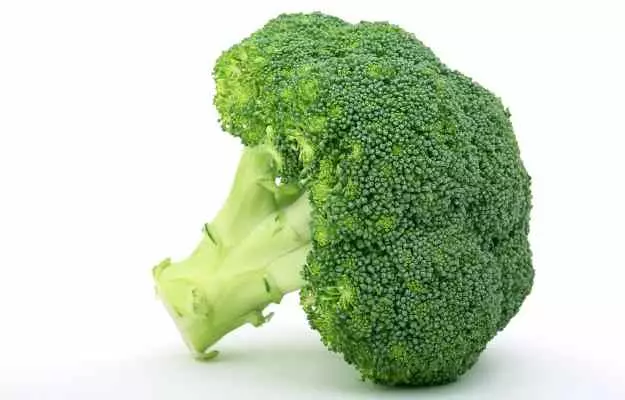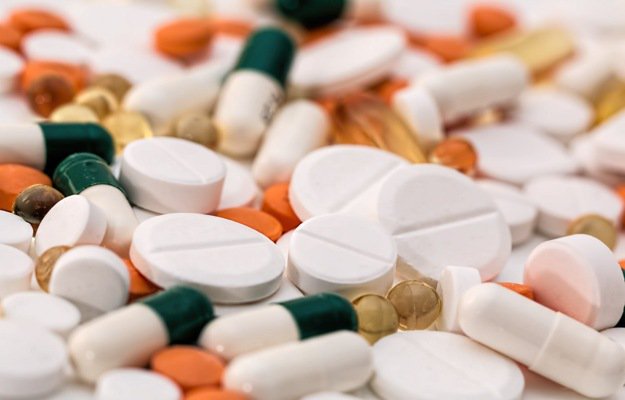Broccoli, a plant belonging to the cabbage family is widely appreciated for its incredible benefits. It is a rich source of a wide variety of nutrients, minerals, and vitamins. Nutritionists recommend an inclusion of broccoli in the diet for a sound health. Broccoli is green in colour with large flower heads. Its structure is tree-like with the flower heads branching from a thick stalk which is edible. The large mass of flower heads is surrounded by leaves.
The plant is included in the cultivar group of the Brassica family. Cultivars are plant varieties that are produced in cultivation through the process of selective breeding. The plants are selected from a group of plants that are naturally occurring and then bred to produce a set of desirable characteristics or enhance the characteristics that are already existing in them. Broccoli has a striking resemblance to cauliflower, which is another cultivar group belonging to the same species.
Broccoli has been considered to be a valuable food item since the Roman empire. The existence of the broccoli plant dates back to the 6th century BC and was produced as a result of the careful breeding of the existing Brassica crops in the Mediterranean regions. The term ‘broccoli’ has been derived from the word ‘broccolo’ which denotes ‘cabbage flower’.
Some basic facts about broccoli
- Botanical Name: Brassica oleracea var. Italica
- Common Name: Broccoli
- Parts used: Flowers, leaves, stalk
- Native Regions and Geographical Distribution: Native to the Mediterranean regions of the world. Mostly cultivated in temperate and sub-tropical regions.
























